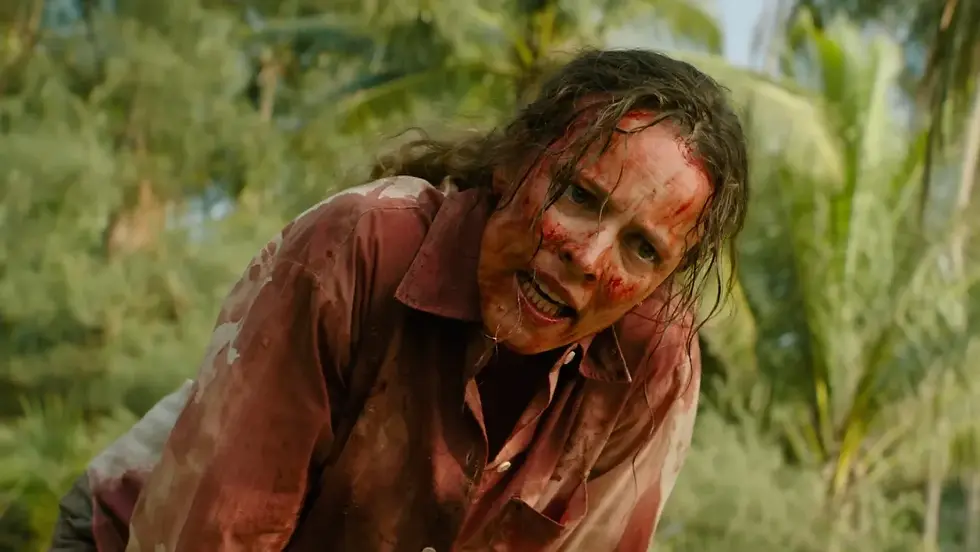Juror #2
- Gus Keller
- Nov 30, 2024
- 1 min read

Juror #2 combines intrigue with substance. The high concept produces meaty conversations and consistent developments. Its plot gets implausible and its dialogue can be melodramatic, but that's mitigated by sturdy fundamentals. Fostering external and internal conflicts, its characters have relatable motivations. The streamlined legal procedures remain accessible. Its exposition is concise and earned. There are themes of morality: how justice can be vague, how fairness and truth can clash, and how bias can be unavoidable. Also, the acting anchors the material with chemistry, complex layers, nonverbals, vulnerability, and buried intensity. Thus, Juror #2 is well-constructed.
Technically, Juror #2 delivers a meditative tone via measured aesthetics. Its cinematography utilizes clear framing, composed lighting, and sharp focus. Within an efficient runtime, the editing juggles flashbacks through intercuts and dissolves. Its sound is heightened by risers, smash cuts, split cuts, emotional distortions, and emphasized ambiance at the end. Utilizing a solo piano, the music reinforces a pensive mood. Its production design offers courtroom settings in the American South. The cast is deep with recognizable talent. Its effects amount to some brief but impactful violence. Although not the most memorable, Juror #2 exemplifies experienced filmmaking.
Writing: 8/10
Direction: 8/10
Cinematography: 8/10
Acting: 9/10
Editing: 8/10
Sound: 8/10
Score/Soundtrack: 7/10
Production Design: 7/10
Casting: 8/10
Effects: 6/10
Overall Score: 7.7/10




Comments